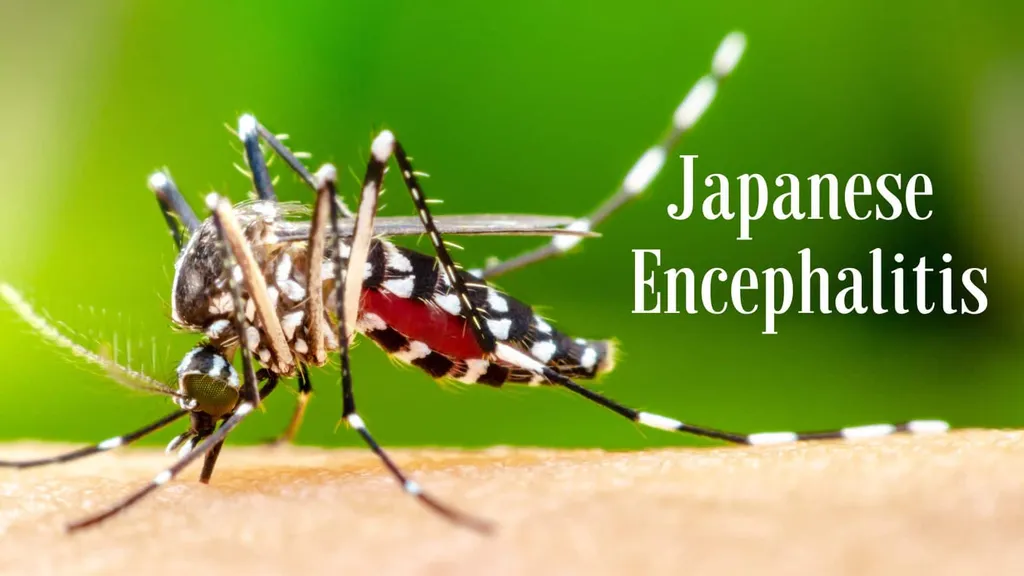In the lush, agricultural heartland of Assam, India, a silent battle rages between farmers, their livestock, and an insidious foe: Japanese Encephalitis (JE). This mosquito-borne virus, a member of the Flaviviridae family, has long been a scourge in Southeast Asia, and Assam has borne the brunt of its impact. A recent review article published in the *International Journal of Bio-Resource and Stress Management* by Ujjal Das of the College of Veterinary Science, Assam Agricultural University, sheds light on the complex interplay of factors that make Assam a hotspot for JE, offering crucial insights for the agricultural sector.
JE primarily affects the central nervous system, leading to severe neurological and locomotor disorders. While it poses a significant health risk to humans, the disease also has profound implications for Assam’s agricultural landscape. Pigs, which are considered amplifier hosts for the virus, play a pivotal role in its transmission. The close proximity of pigs to human dwellings in rural areas, coupled with the region’s climatic conditions and agricultural practices, creates an ideal environment for the virus to thrive.
“The epidemiology of JE in Assam is a complex web of factors,” explains Das. “The state’s agricultural habits and patterns, along with the lifestyle of its population, significantly influence the spread of the disease.”
The economic impact of JE on Assam’s agriculture sector is substantial. Outbreaks can lead to decreased productivity, increased healthcare costs for affected farmers, and even loss of livestock. The virus’s impact on human health also affects the workforce, further straining the agricultural economy.
However, the story is not all doom and gloom. The establishment of JE surveillance and vaccination programs by the government has led to a decrease in the incidence rate. These initiatives have been crucial in mitigating the disease’s impact on both human health and agriculture.
Looking ahead, the research underscores the need for continued vigilance and innovation in combating JE. “Understanding the vector and host biology, along with the pathology and clinical observations of JE, is crucial for developing effective immunoprophylaxis strategies,” Das notes.
The findings from this review article could shape future developments in the field, particularly in the realm of preventive measures and disease management. By leveraging this knowledge, the agricultural sector can better protect its workforce and livestock, ultimately safeguarding the region’s economic stability.
As Assam continues to grapple with the challenges posed by JE, the insights from this research offer a beacon of hope. Through sustained efforts and innovative strategies, the state can strive towards a future where the threat of Japanese Encephalitis is significantly diminished, benefiting both its people and its agricultural sector.

